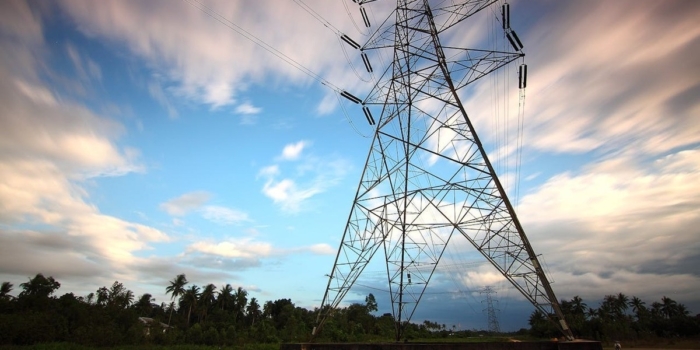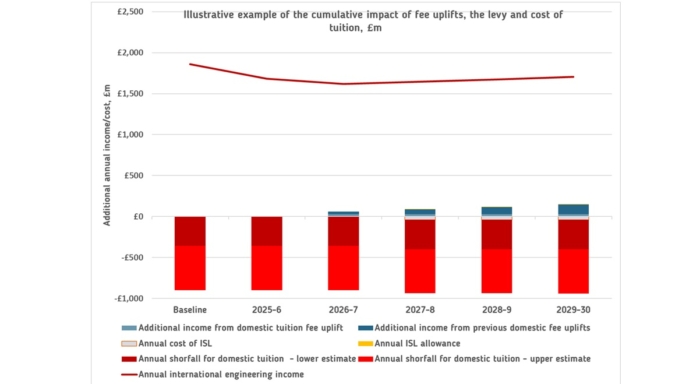Summary
The Department for Education is seeking views on the development of new T level programmes, and how they should be designed to deliver the Sainsbury Panel’s recommendations.
The EPC proposes a full consultation through submission of comments via an online survey which will be open from 13th December 2017 to 24th January 2018.
The consultation proposes a sweeping review of existing technical qualifications at level 3 to reduce mainstream qualifications at this level to an academic (A level) versus technical (T level) approach. This is not an interchangeable model and extends the offer in the compulsory education arena from 16-18 to 16-19. The proposals focus on T levels as an independent technical route to skilled employment which incorporates Degree Apprenticeships but, by and large, bypasses ‘academic’ degrees.
The proposals pivot on the Apprenticeships trailblazer work, with T levels to be based on the same knowledge, skills and behaviours identified in the standards that apply to apprenticeships. There is a clear link to some of the questions and issues the EPC is considering in relationship to Degree Apprenticeships.
The EPC Executive has identified specific areas within the consultation where we feel a collective Engineering academic voice will add value, and invite you to comment on these. We would draw your attention to:
Standards
- The proposed use of the approved standards, which have been developed by apprenticeship trailblazer groups, as a basis for outline content.
- Comparable standards of performance. The paper discusses a broader framework of assurance and regulation that provides similar levels of assurance as for academic qualifications, whilst reflecting the characteristics and aims of technical qualifications. It is also proposed to seek alignment between the assurance framework for apprenticeships and T levels as far as possible.
- No feedback is sought through the consultation on the Quality assurance and regulation of T levels.
Progression
- All aspects of progression from a T level including to Higher Education.
Links with industry
- In particular, work placement availability locally. Those offering degree placements currently (or historically), and any experience in degree apprenticeships, will be well placed to provide evidence based feedback.
Unless we have a strong collective response to other areas, we will submit feedback on these areas only. None-the-less, other areas in which you may have an interest are signposted below:
- Early selection of specialisms from a designed set in professions which are too large to allow a student to successfully study all specialisms within a technical qualification.
- Timing of career aspiration discussions.
- The varying size of T levels. Will some have higher exchange value that others? Could be important for HE entry where some occupation degree apprentices may have further to travel in HE than others?
- Do level 2 qualifications have a value in their own right for entry to Engineering apprenticeships at level 4 and above (or further specialist technical qualifications at higher levels / technical degrees, including through Institutes of Technology and National Colleges)?
- Any evidence base on AGQs leading to good outcomes.
- The procurement and contracting approach, with a focus on the opportunities and risks this presents?
Finally, the consultation refers to an ongoing to higher level qualifications at level 4 and above to ensure a high quality progression offer for T level students. HEIs are invited to feed into the review of higher level technical education by contacting: Level4-5.Team@education.gov.uk. Other than a few headlines, there is currently very little to go on in this space.
Please read the consultation documents at https://consult.education.gov.uk/technical-education/implementation-of-t-level-programmes/ before completing the EPC survey. Universities or individuals may also respond on their own behalf by following this link.
To enable the EPC Executive to process and submit a collective EPC response, please complete this survey by Wednesday 24th January 2018. The Executive will collate responses and compile a draft response, which will be submitted to the Committee and any relevant sub-committees for discussion and approval prior to the DfE submission deadline of 8 February 2018.
The Department for Education will hold consultation events in January 2018. If you would like to attend one of these events, please email Tlevel.consultation@education.gov.uk. It would be helpful if you could let the EPC know if you are planning to attend.




